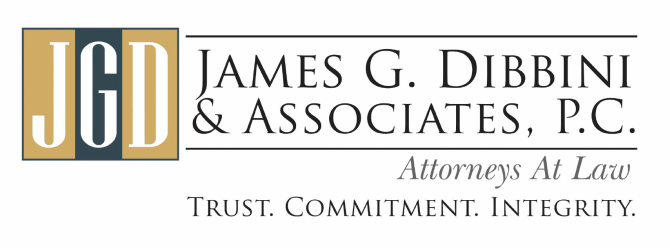Rent Stabilization
Rent stabilization is a highly technical and tricky area of the law for both landlords and tenants. In eviction actions, the slightest legal and/or statutory deviation from local rent stabilization laws can control the outcome of your eviction proceedings. Rent stabilization laws provide the framework of the rights and responsibilities of landlords and tenants in the eviction process.
The vast majority of buildings are subject to rent stabilized laws. Rent stabilization laws for areas outside of New York City came into effect in 1974 and are governed by the Division of Housing and Community Renewal (DHCR) through the Emergency Tenants Protection Act (ETPA). In rent stabilized buildings, landlords may not charge rents above the legal rent on file with the DHCR and may not increase rents beyond the amount established annually by local Rent Guidelines Boards. Additionally, tenants in these properties have a statutory right to renew their leases for either one or two year terms. To learn more about a landlord's ability to modify a rent stabilized lease, click HERE. If the tenant does not renew his/her lease and vacates the rental unit, the unit is still subject to rent stabilization laws unless it meets the qualifications to be deregulated. To learn more about deregulation click HERE.
Generally, rent stabilization laws apply to privately owned buildings built before 1974 but in some cases apply to buildings built after 1974 for tax-abatement purposes. The building must have 6 units or more and each unit’s rent must be less than $2,500 per month. Additionally, the tenants residing in these units must make less than $200,000 annually.
The attorneys and staff at James G. Dibbini & Associates, P.C. have over 20 years of experience helping landlords legally remove tenants from rent stabilized units. We can help protect you and your property while saving you time and money. If you have any questions, please give us a call at (914) 965-1011 or contact us by email at jdibbini@dibbinilaw.com.
The vast majority of buildings are subject to rent stabilized laws. Rent stabilization laws for areas outside of New York City came into effect in 1974 and are governed by the Division of Housing and Community Renewal (DHCR) through the Emergency Tenants Protection Act (ETPA). In rent stabilized buildings, landlords may not charge rents above the legal rent on file with the DHCR and may not increase rents beyond the amount established annually by local Rent Guidelines Boards. Additionally, tenants in these properties have a statutory right to renew their leases for either one or two year terms. To learn more about a landlord's ability to modify a rent stabilized lease, click HERE. If the tenant does not renew his/her lease and vacates the rental unit, the unit is still subject to rent stabilization laws unless it meets the qualifications to be deregulated. To learn more about deregulation click HERE.
Generally, rent stabilization laws apply to privately owned buildings built before 1974 but in some cases apply to buildings built after 1974 for tax-abatement purposes. The building must have 6 units or more and each unit’s rent must be less than $2,500 per month. Additionally, the tenants residing in these units must make less than $200,000 annually.
The attorneys and staff at James G. Dibbini & Associates, P.C. have over 20 years of experience helping landlords legally remove tenants from rent stabilized units. We can help protect you and your property while saving you time and money. If you have any questions, please give us a call at (914) 965-1011 or contact us by email at jdibbini@dibbinilaw.com.

